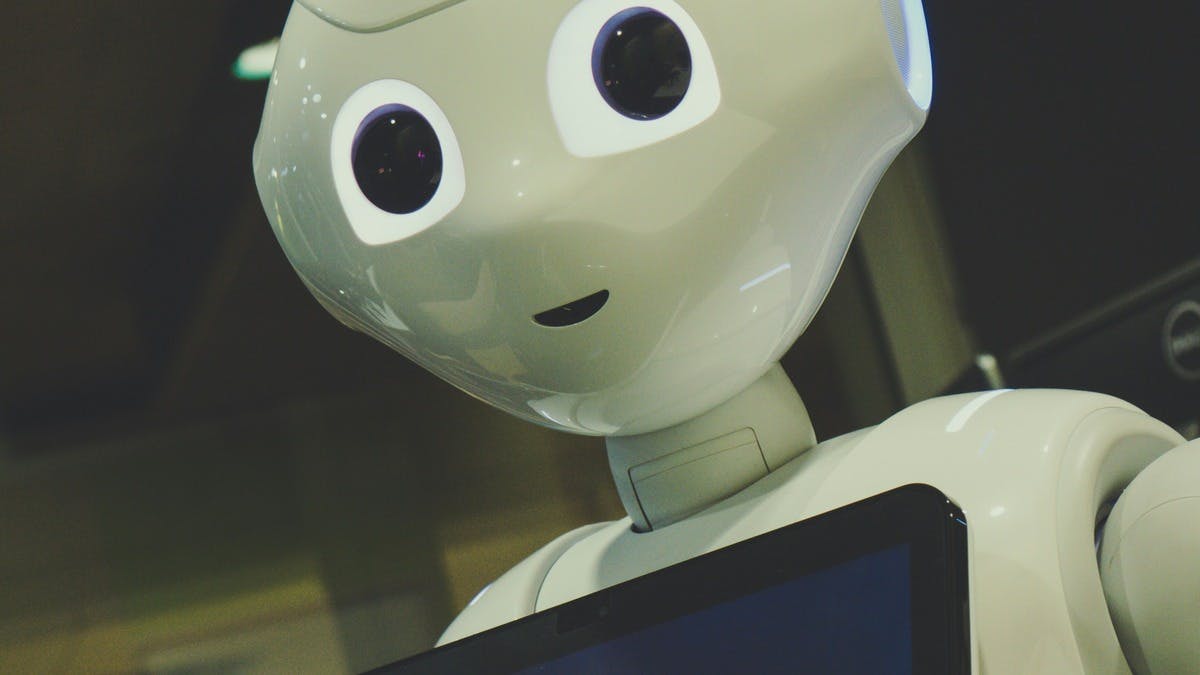Test automation offers numerous advantages, especially when paired with artificial intelligence (AI) tools for exploratory and performance testing.
Let’s unveil the proven benefits of this powerful combination. As businesses navigate the complex terrain of AI adoption for sustainable growth, the integration of AI into testing and quality assurance (QA) processes emerges as a pivotal avenue. In response to a common question asked by today’s business leaders, “How can AI make a meaningful impact on my business?”, the application of AI in testing offers a beacon of opportunity.
It promises to redefine traditional approaches to software quality and revolutionise how QA teams and developers collaborate and innovate, ultimately leading to significant cost savings and efficiency gains for small medium enterprises (SME).
Revolutionising Testing with AI Automation and Machine Learning
Test automation, powered by AI, is at the forefront of this revolution. Traditionally, software testing has been a laborious and time-consuming process, often susceptible to human errors. But with AI-driven testing tools automating routine test cases, QA teams are now carving the time needed to focus on complex scenarios, which not only enhances efficiency but also broadens test coverage. The result is more reliable software releases.
Furthermore, AI holds promise in supporting QA engineers by simplifying the creation of automation scripts, bridging a common skills gap between testing and software engineering expertise.
Delving into machine learning, a subset of AI, presents yet another opportunity to elevate test accuracy significantly. Machine learning algorithms analyse historical test data to discern patterns and trends, aiding in the prediction of potential defects. This proactive approach enables QA teams to prioritise testing efforts effectively, ensuring superior software quality.
Moreover, AI’s contribution extends to exploratory testing, where intelligent tools simulate human testers, adapt to changing application behaviour, and uncover hidden defects, facilitating a comprehensive testing process.
More AI in Action
In the realm of performance testing, AI excels at performing intelligent exploratory testing by simulating thousands of users concurrently interacting with an application and identifying performance bottlenecks. This enables developers to optimise applications for peak performance.
AI-powered testing tools can also help predict client behaviour to detect fraudulent events that traditional functional tests would often not capture. Moreover, AI algorithms used in QA can be used to continuously monitor system behaviour and identify unusual patterns or deviations from expected norms, which leads to anomaly detection. This can be especially useful in identifying unusual patterns for proactive intervention before issues escalate.
Adding to AI’s prowess is Natural Language Processing (NLP), a technology streamlining communication between technical and non-technical team members. NLP enables testers to draft test cases in plain language, enhancing collaboration and accessibility for all stakeholders.
Implementing AI in Testing and QA: Practical Strategies for SMEs
Incorporating AI into testing and quality assurance processes within SMEs may seem daunting, but with the right strategies, it can be both feasible and beneficial. Addressing common concerns such as budget constraints, scalability, and integration with existing systems is crucial. Here are some actionable insights to empower SMEs to take concrete steps towards adopting AI technology:
- Starting small, scaling gradually: Decision-makers can begin by identifying specific areas within the testing and QA processes where AI can provide the most value. This process can start with small pilot projects to test the waters, and gradually scale up as teams gain confidence and experience.
- Investing in training and education: QA teams that go through training and education will become familiarised with AI technologies and be able to integrate it into their workflows more seamlessly. Leaders should facilitate and encourage continuous learning to support these teams in staying ahead in the rapidly evolving field of AI.
- Collaborating with AI providers: Partnering with AI providers who specialise in testing and QA solutions tailored for SMEs is a great strategy to navigate the complexities of AI implementation. By leveraging their expertise and experience, businesses will ensure seamless integration with their existing systems.
- Monitoring performance to adapt: Regularly monitoring the performance of AI-powered testing tools and adapting strategies as needed is another key step. Metrics such as test coverage, defect detection rate, and overall software quality can help businesses measure the impact of AI on their QA processes.
By following these practical strategies, SMEs can effectively harness the power of AI to revolutionise their testing and quality assurance processes, leading to improved efficiency, reliability, and customer satisfaction.
Human Expertise in the AI Era
Despite AI’s seemingly independent functions, every AI model requires regular retraining. The reliability, accuracy, and lack of bias of an AI model is intricately tied to the nature of the data it was trained upon.
Developers can employ training data to educate AI models in processing information and making deductions. However, to guarantee the compatibility of training data with the model, the data itself needs to go through a QA testing to ensure it is complete, reliable, valid, and doesn’t follow any potential human biases. This is the best way to train the AI model to perform optimally and in alignment with the desired performance benchmarks.
Therefore, while AI augments testing and QA, human expertise remains indispensable. Traits such as critical thinking and adaptability are integral to human QA experts, complementing the strengths of automation and AI.
The key lies in recognising and embracing the symbiotic relationship between AI and human proficiency.
As AI technology continues to evolve, it is expected to play an even more significant role in shaping the future of testing and QA. Embracing AI in software testing processes can lead to faster, more reliable releases. And ultimately, enhanced customer satisfaction.
Keep up to date with our stories on LinkedIn, Twitter, Facebook and Instagram.

